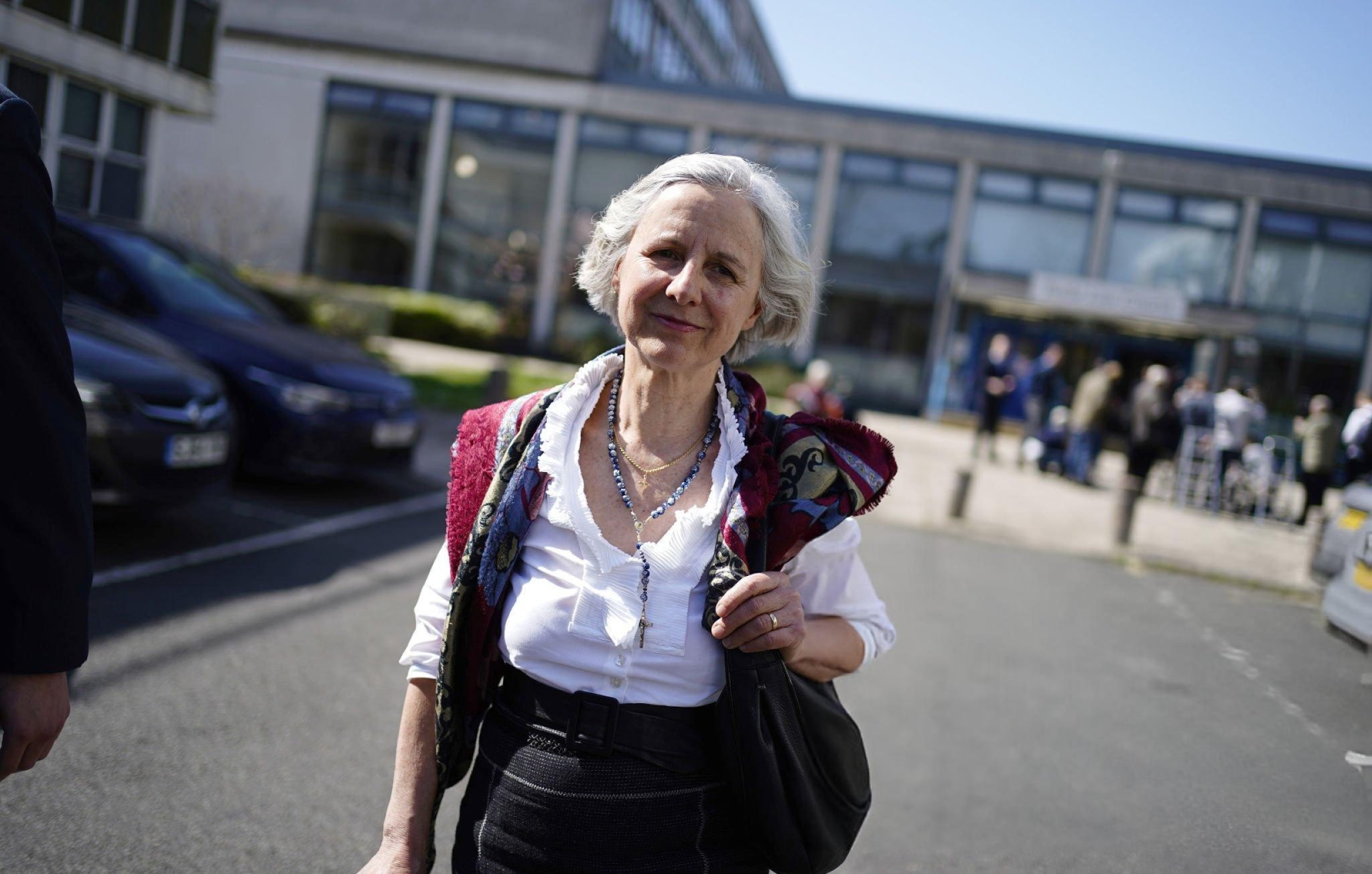A British anti-abortion campaigner has been handed a conditional discharge after being found guilty of breaching a legally enforced “buffer zone” outside a Bournemouth abortion clinic—an incident that has sparked international attention and been closely “monitored” by officials in the United States.
Livia Tossici-Bolt, 64, appeared at Poole Magistrates’ Court on Friday, where she was sentenced to a two-year conditional discharge for two breaches of the Public Spaces Protection Order (PSPO). The court also ordered her to pay £20,000 in prosecution costs and a £26 victim surcharge.
Tossici-Bolt, a retired medical scientist from Bournemouth, had held a small sign reading “Here to talk, if you want” on two separate occasions in March 2023. She was standing within a 10-street area designated as a buffer zone by Bournemouth, Christchurch and Poole (BCP) Council, aimed at shielding patients and staff from intimidation or interference outside the clinic.
Her actions, though seemingly benign, were deemed in breach of the PSPO, which prohibits protests, vigils, or offers of advice within the protected perimeter. The court heard that Tossici-Bolt refused to leave the area when instructed by council officers.
The case gained international attention after the U.S. Department of State’s Bureau of Democracy, Human Rights, & Labour posted on X (formerly Twitter) that they were “monitoring her case”, citing concerns over freedom of speech. The Bureau stressed the importance of the UK upholding the right to expression—a point that Tossici-Bolt herself echoed following her conviction.
“This is a dark day for Great Britain,” she said outside the court. “I was not protesting and did not harass or obstruct anyone. All I did was offer consensual conversation in a public place, as is my basic right, and yet the court found me guilty. Freedom of expression is in a state of crisis in the UK.”
However, Downing Street responded firmly, reiterating that while the right to protest is protected, it must not come at the expense of others’ rights. A spokesperson for the Prime Minister said: “It’s vital that a woman who decides to use abortion services has the right to do so without being subject to harassment or distress. The right to protest is a cornerstone of our democracy, but it does not give people the right to harass others.”
Presiding over the case, District Judge Orla Austin acknowledged Tossici-Bolt’s “deeply-held” personal convictions but ruled that her freedom of expression under Article 10 of the European Convention on Human Rights (ECHR) had to be weighed against the rights of those accessing abortion care.
“I accept that the defendant engaged in the conduct underlying this case as part of a sincerely motivated desire to attend that location and display her signage,” the judge said. “But this does not provide a reasonable excuse in the context of a lawful order, nor make the conviction disproportionate.”
Judge Austin added that Tossici-Bolt lacked insight into the effect her presence might have had on clinic attendees, their families, and the staff.
BCP Council welcomed the outcome, stating: “We introduced the buffer zone so patients and staff could safely access services without fear of intimidation. We are pleased with the court’s decision.”
The British Pregnancy Advisory Service (BPAS), which operates the clinic, also issued a statement. “This was never about global politics or free speech,” a spokesperson said. “It was about ensuring women in Bournemouth could access legal healthcare without facing harassment or interference.”
While the case has sparked debate on both sides of the Atlantic, it has reignited discussions about the fine line between civil liberties and the protection of vulnerable individuals. For now, the message from the courts and Government appears to be clear: buffer zones are here to stay, and violations will be taken seriously.






